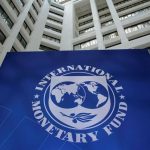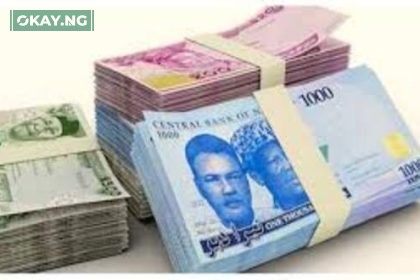Ghana’s annual consumer inflation has shown a promising downward trend, decelerating for the third consecutive month to 22.4% in March, according to the Ghana Statistical Service. This welcome reprieve comes as food price pressures, a significant driver of inflation, began to ease.
“The rate of 22.4% is the lowest in the last four months,” stated government statistician Samuel Kobina Annim during a recent press conference, highlighting the positive shift. “In the month of March, we recorded a much sharper decline in food inflation and a marginal decline in non-food inflation.”
This moderation in inflationary pressures is likely to be viewed favorably by Ghana’s central bank. Just last week, the bank implemented a surprising 100-basis-point interest rate hike, pushing the policy rate to 28%. This assertive move signals the central bank’s commitment to maintaining a tight monetary policy stance, aimed at further curbing inflation.
Read Also: Ghana’s Central Bank Springs Surprise, Hikes Interest Rate to 28% to Combat Stubborn Inflation
Despite the recent decline, Ghana’s central bank governor, Johnson Asiama, remains cautious. He has consistently emphasized that consumer inflation within the gold, oil, and cocoa-producing West African nation remains “uncomfortably high,” significantly exceeding the central bank’s target of 8%, with a permissible margin of error of two percentage points on either side.
Finance Minister Cassiel Ato Forson, in his budget speech delivered in March, projected that stringent spending cuts would facilitate a reduction in inflation to 11.9% by the end of the year. This ambitious target underscores the government’s resolve to stabilize the economy and bring inflation within a more manageable range.
The central bank’s decisive action, coupled with the government’s fiscal measures, reflects a concerted effort to address the persistent inflationary challenges facing Ghana. As an observer of these trends, I can attest to the delicate balance the nation must strike between controlling inflation and fostering economic growth. The impact of these policies on everyday Ghanaians is significant. Many citizens are feeling the weight of the high prices, and the relief being seen is a step in the right direction.
The coming months will be crucial in determining the effectiveness of these measures. The world will be watching to see if Ghana can maintain this downward trajectory and bring inflation closer to its target. The nation’s ability to navigate these economic complexities will have far-reaching implications for its citizens and its standing within the West African region.












